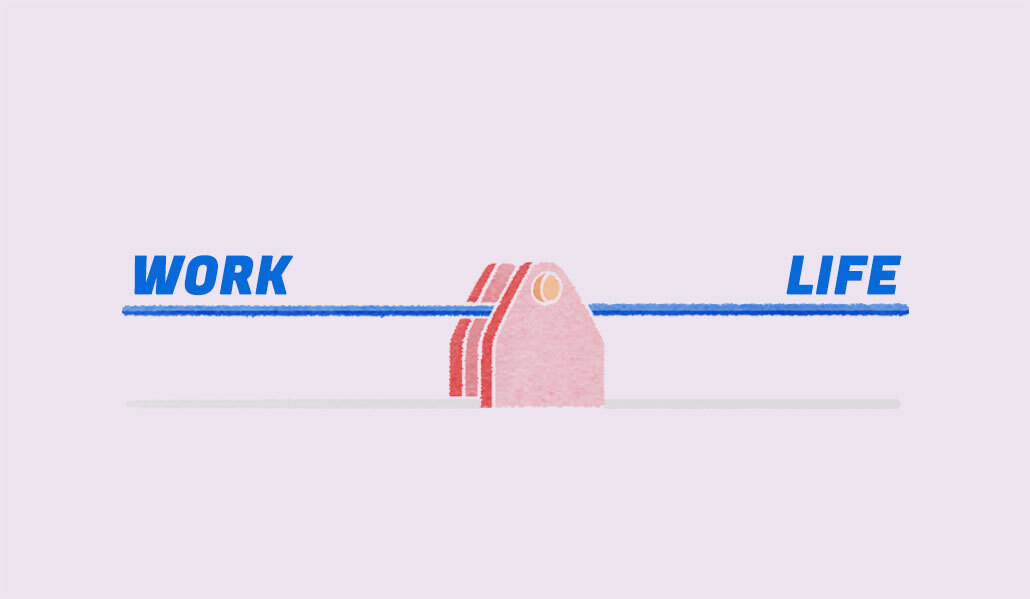How to prep for PTO woes this holiday season

Many of us are preparing for a little time off this holiday season. Paid time off is usually the perfect opportunity to fully unwind, unplug and relax. However, once vacation is over, those feelings quickly change to anxiety, stress and dread.
A recent survey from job board platform Monster found that 87% of workers have experienced what they’re calling PTO woes. Nearly three quarters of workers said they refrain from requesting time off due to having to deal with those feelings of stress and anxiety when stepping away and again when the end of vacations loom. Plus, current economic and labor conditions haven’t helped. As companies and workers continue to struggle with labor shortages and historically low unemployment, 48% of workers have experienced PTO woes due to working on understaffed teams.
“You might not have anyone to delegate your work to,” said Monster career expert Vicki Salemi. “If you’re not checking while on PTO, it’s piling up. If you are checking, then you’re not getting the benefits of PTO. Either way, you feel that stress and anxiety.”
The Monster survey also found that 27% of people are worried about layoffs and are avoiding PTO to show their value.
“With economic uncertainty, there is a lot to be anxious about, and I think that it’s taking a toll on a lot of people,” said Erin Grau, cofounder of Charter, a media and services company focused on the future of work. “People need to rest, not just to take a break from their job but to take a break from the cognitive overload of fear and anxiety about the economy.”
How to avoid PTO woes
If you’re planning time off this holiday season, there are certain things you can do to try to avoid feeling anxious and overwhelmed by what you’ve missed or an exploding inbox. For one, Grau recommends carefully curating an out of office message that goes a step further to explain why taking time off is beneficial for both the person out as well as the company.
“I love a good, detailed out of office message that doesn’t just let people know when you’ll be back,” said Grau. “I like highlighting the benefits of taking time off and that research tells us how you can come back from vacation more refreshed, productive, creative and with bigger ideas and renewed energy. I like to remind people of that. They’re maybe frustrated that they can’t reach someone, but then they understand that the vacation is a really important part of high performance.”
A helpful tip is to leave that OOO message on for a few hours on your first day back to give you uninterrupted catch up time. Grau suggests another easy thing to do is to not come back on a Monday, but instead aim for mid-week. This allows you to ease back in with a short week instead of a full week.
An automated email is just one way that tech can help make returning to the office less stressful. Gina King, senior pr specialist at workflow automation company Zapier, just got back from nearly a month long vacation to Rwanda and Tanzania, where she used automation to help stay organized while she was gone. For example, she was able to set up an automation between Slack and Google Sheets where every time her name was mentioned, pr, comms, or something similar, it would go to a spreadsheet instead of her having to peruse weeks worth of conversations on every Slack channel.
“That way when I came back from vacation, it was all in the Google Sheet and I could say ‘okay, this one I can take action on pretty quickly, this one will need some more time,’” said King. “It makes going back to work a lot easier.”
King admits that she did log onto her work laptop before her vacation was up to have a sneak peek at what was waiting for her upon her return. While many of us might be guilty of this, it’s not recommended.
“You don’t get the full benefit of your time off of resting and recovery,” said Grau. “It’s important to build a rest ethic around when you’ll be offline and when you’ll be back working full time. The blurring between both on either side is not helpful to organizations.”
For a manager who is taking time off and is setting an example to employees, this is especially important. If they’re answering emails while away, they’re setting an example that that is okay.
“If you are a boss, you can set the tone,” said Salemi. “I’m taking PTO, I’m not going to check, here’s my number in case of an emergency but otherwise I am out of sight, out of mind. It creates a culture of PTO acceptance, encouragement and support.”
“If someone is experiencing these PTO woes they can ask, am I stressed, am I anxious, am I worried about layoffs, what’s the situation here, does my job support me wanting to take these days,” she continued. If not, “It could be an opportunity to look for a better job that does support PTO.”


